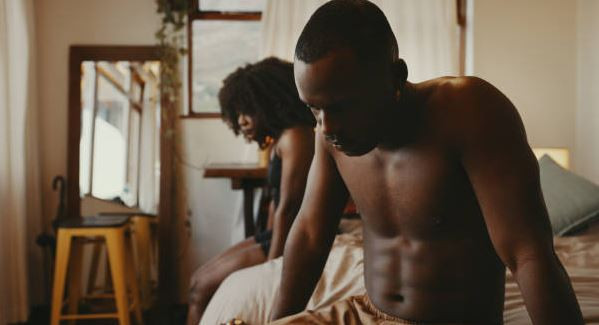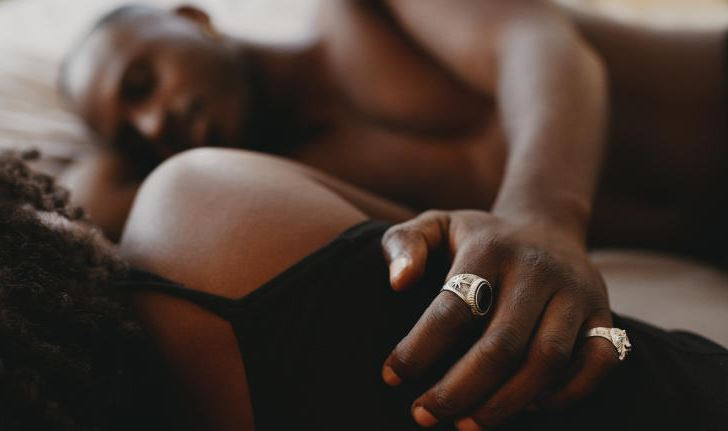
In and around Mombasa, it is common to find men sitting on low benches in a hot, humid afternoon sipping on kahawa chungu, a bitter coffee drink said to be an aphrodisiac.
This concentrated black coffee is traditionally brewed over a charcoal stove in beautiful tall brass kettles.
You are also likely to find young men - and a few women who frequent the coffee joints - sipping kahawa tamu (dilute coffee with sugar).
Drinking coffee is a revered culture at the Coast. Young and old, men and women consume coffee at maskans (bases) as they share stories on the day’s events.
Nyamawi Lewa, 20, who brews and sells coffee near a matatu terminus at Buxton in Mombasa, believes coffee stimulates body and mind.
“Most of my customers say a cup of coffee makes them feel stimulated after a long and tiresome day at work. It is the best way for a teetotaller to while away the evening and lessen stress,” says Lewa.
Lewa starts preparing the two varieties - kahawa chungu (bitter coffee) and kahawa tamu (sweet coffee) - at 4pm to be ready for serving at 4:30pm.
Kahawa chungu, which has concentrated coffee and less sugar, is dark in colour while kahawa tamu is lighter in colour, is less concentrated and has more sugar.
The ingredients for both include cinnamon, sugar, cloves and cardamom (iliki) and sometimes nutmeg, but the concentration varies.
Coffee goes with mahamri, kaimati (bun made from deep fried dough) and other local snacks and it is common to find a display of the snacks at coffee joints. A small cup costs as little as Sh5 while a bigger cup costs Sh10.
Abdulkadir Ibrahim, who has been brewing coffee in Kaloleni area in Mwembe Tayari for the last three years, says the drink is rather addictive.
“The Swahilis use coffee to welcome visitors. A shared cup of coffee helps foster and cement friendships,” says Ibrahim.
“I have all types of customers. Coffee is addictive and old men who have been drinking for decades cannot afford to miss their cup,” says Ibrahim, with a knowing smile. He says khat chewers are some of his consistent customers.
Mwanaisha Mohamed, an ardent coffee drinker at the base and a kahawa tamu enthusiast, hails coffee for its ability to invigorate.
“A cup of coffee in the evening is the remedy I need after a tiring day,” says Mohamed, as she sips her cup of coffee.
Anybody who has visited Fort Jesus must have encountered the large kettle sitting on the roundabout overlooking the monument. But few know the kettle, locally known as buli and built in 1988, epitomises the coffee drinking culture of the coastal people.
Beside the kettle are three Arabian coffee mugs, two of them on top of each other and one enjoined to the two with a layer of cement. Two other mugs are in the background, making five mugs.
National Museums of Kenya Coast region assistant director Athman Hussein says the buli just adjacent to Fort Jesus is a metaphor of shared cup of coffee and its significance in bringing people together.
“Sharing coffee among the Swahili was a cultural tradition for centuries in Swahili towns such as Lamu, Malindi and Mombasa,” he adds.
 The Standard Group Plc is a multi-media organization with investments in media platforms spanning newspaper print
operations, television, radio broadcasting, digital and online services. The Standard Group is recognized as a
leading multi-media house in Kenya with a key influence in matters of national and international interest.
The Standard Group Plc is a multi-media organization with investments in media platforms spanning newspaper print
operations, television, radio broadcasting, digital and online services. The Standard Group is recognized as a
leading multi-media house in Kenya with a key influence in matters of national and international interest.








